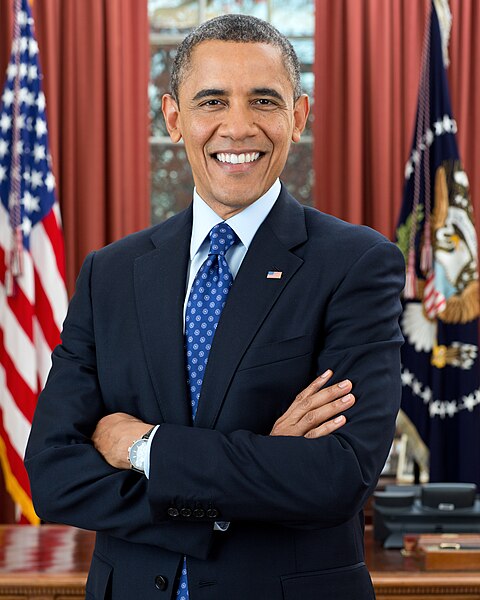 |
| President Barack Obama (Image: Wiki Commons) |
By Shannon Tiezzi
Obama’s foreign policy address offered little clarity (or emphasis) on America’s role in the Asia-Pacific.
On Wednesday, U.S. President Barack Obama gave the commencement address at the United States Military Academy in West Point, New York. The speech was billed in advance as a major foreign policy address, a chance for Obama to both defend his past foreign policy moves and to lay out his vision for the future. The speech is just the beginning of what is expected to be a major administration push to shape messaging on its foreign policy decisions, past and future. Given that Obama’s signature foreign policy slogan is the “rebalance to Asia,” a general foreign policy address has direct implications on the Asia-Pacific. What role does the U.S. seek to play there and around the world? What are its priorities and goals?
The major theme of Obama’s address was that America continues to be “the one indispensable nation.” With its global network of alliances and peerless capabilities, the U.S. is the only country capable of global leadership, according to Obama’s view. “America must always lead on the world stage. If we don’t, no one else will,” he said during his commencement speech. Obama also dismissed those “who suggest that America is in decline” by arguing that “America has rarely been stronger relative to the rest of the world.”
This unabashed portrait of American exceptionalism is sure to rankle in China, which has long denounced U.S. “hegemony.” Beijing envisions a new world order, a “more just” international order, where developing nations have an equal seat at the table and the U.S. no longer dominates international systems. Obama continues to claim the global leadership role as solely American domain. As galling as this will be for China, smaller nations in the Asia-Pacific (who look to the U.S. to balance China’s rise) will be relieved to hear that Obama has no interest in relinquishing U.S. leadership.
Read the full story at The Diplomat
